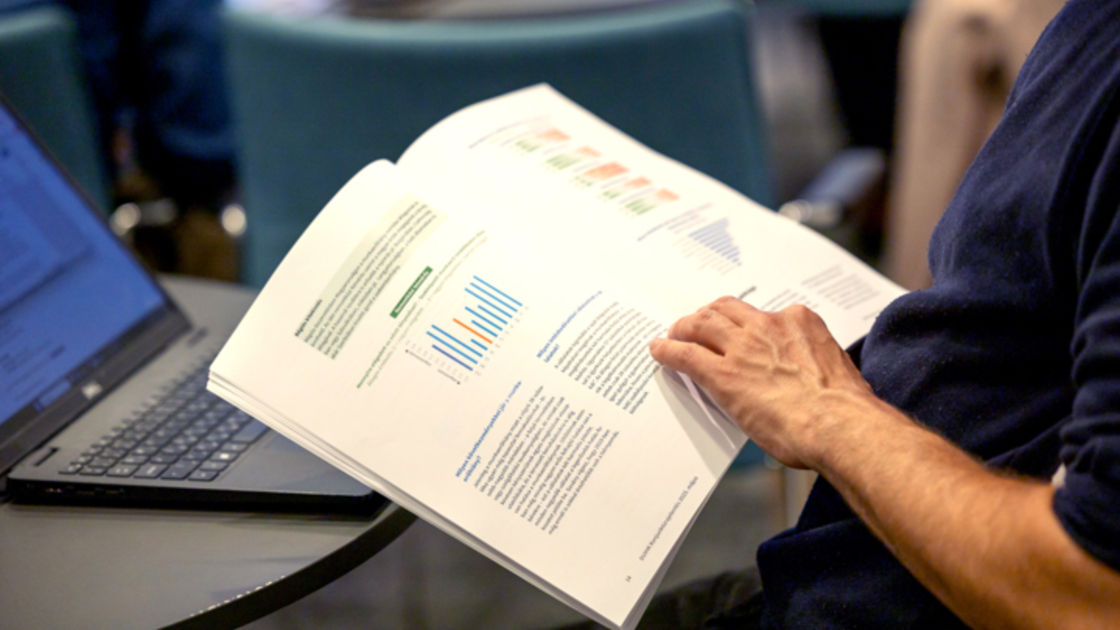The Hungarian economy is not likely to recover soon. This is is evident from the results of the latest economic survey by the German-Hungarian Chamber of Commerce and Industry (DUIHK), which were published this Tuesday. For the second time this year, some 250 company executives – from German and Hungarian member companies, but also from other foreign companies operating in Hungary – shared their views with the Chamber on the economic situation and the most important challenges facing their own businesses.
Overall, business sentiment has barely improved compared to the very weak results in the spring. In most questions, the ratio of positive and negative responses was roughly balanced, for example, in terms of their own business expectations, but also in terms of employment and investment plans, which points to rather stagnant business prospects.
As in the spring, businesses cited weak demand as the main risk to their business activity. The second most important risk continues to be labor cost developments. Although labor costs in Hungary remain among the lowest in Europe, their rapid increase in recent years is a problem for businesses. The companies surveyed expect labor costs to rise by an average of 6.2% over the next 12 months.
When presenting the results of the survey, DUIHK Vice President Achim Weinstock explained that the chamber's surveys aim to provide a broad and well-founded picture of how its members assess the economic conditions in Hungary. The results are not only important for the work of the chamber, but also provide companies and economic policymakers with important guidance for their decisions
Commenting on the results of the current survey, Weinstock noted that difficult external factors – such as the weak economy in Germany, transformation processes in many industries, and increasing uncertainties in global trade – are also reflected in the mood of companies in this country. Compared to the last survey in the spring, there had been hardly any positive developments – but at least, according to Weinstock, the situation had not worsened. Specifically, according to the vice president, this means that the companies surveyed are unlikely to increase their workforce or expand their investments in 2026.
Companies see risks to their own business primarily in demand, but the rapid rise in labor costs continues to rank second, posing major challenges for companies in the medium term.


Leave a Reply Cancel reply
Top 5 Articles
 Shaping a Generation of Creative and Resilient… September 10, 2025
Shaping a Generation of Creative and Resilient… September 10, 2025  New Page in the History of Budapest Airport October 8, 2025
New Page in the History of Budapest Airport October 8, 2025  For the Export Success of Hungarian Enterprises June 17, 2025
For the Export Success of Hungarian Enterprises June 17, 2025  Representing France in Familiar Territory October 6, 2025
Representing France in Familiar Territory October 6, 2025  EC Clears EUR 10.8 Mn in Support for Hungarian Farmers October 10, 2025
EC Clears EUR 10.8 Mn in Support for Hungarian Farmers October 10, 2025





No comment yet. Be the first!